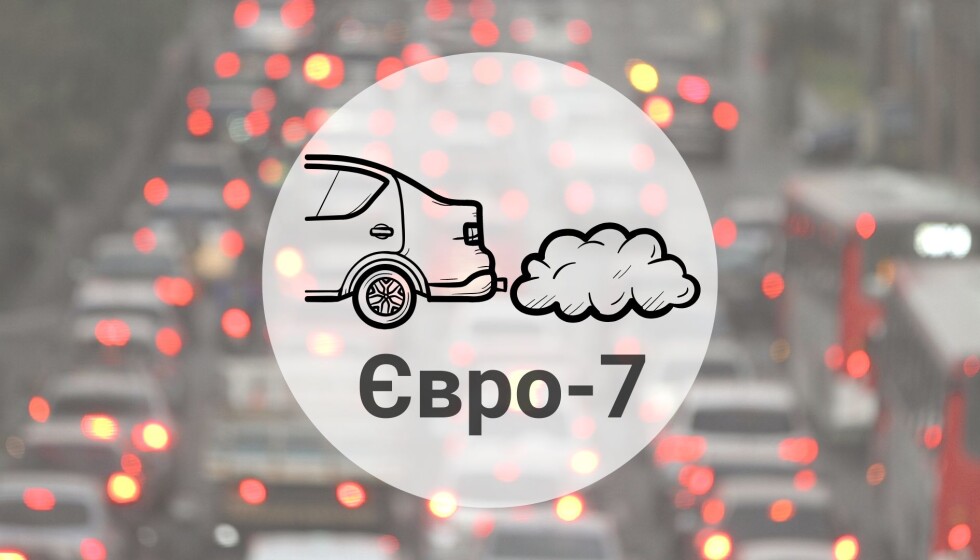European lawmakers have given the green light to new EU rules aimed at reducing emissions from cars, vans, buses, trucks and trailers.
On Wednesday, March 13, by 297 votes to 190 with 37 abstentions, the European Parliament adopted the agreement reached earlier with the Council of the EU on the new Euro-7 emissions standard. As reported in the EP press release, in the case of cars and vans, the current conditions for testing the Euro-6 norm and emission limits will be preserved. Whereas for buses and trucks, stricter emission limits will be applied, measured both in laboratory conditions and in real road conditions (while maintaining the current testing conditions of the Euro-6 norm).
For the first time, European regulations are to set limits for emissions of particulate matter (PM10) for passenger cars and vans, as well as minimum battery life requirements for electric vehicles and hybrids.
- The representative of the European Parliament, Alexander Vondra, said:
" We managed to achieve a balance between environmental goals and vital interests of producers. We want to ensure the affordability of new, smaller internal combustion engine cars for customers, while allowing the automotive industry to prepare for the expected transformation of the sector. Now the EU will also deal with the issue of emissions from braking systems and tires, as well as ensuring longer battery life .
The new regulations replace separate emission regulations for passenger cars and vans (Euro-6), as well as trucks and buses (Euro-6) in one piece of legislation (within the Euro-7 standard).
The European Parliament also announced that an environmental "passport" will be available for each vehicle, which will contain information on the environmental performance of the vehicle at the time of its registration (such as pollutant emission limits, CO2 emissions, fuel and electricity consumption, EV mileage, battery life). Vehicle users will also have access to up-to-date information on fuel consumption, battery health, pollutant emissions and other important information generated by on-board systems.
Next steps
Before the Euro 7 agreement can enter into force, it still needs to be approved by the Council of the European Union. The new emissions regulations are due to come into effect 30 months after entry into force for cars and vans, and 48 months for buses and trucks.
Euro-7 and Ukraine
Environmental standards "Euro" in the European Union primarily concern car manufacturers, because they apply to the import and production of new vehicles, and do not apply to used cars. Thus, the introduction of the new "Euro-7" standards will not have a big impact on the car market of Ukraine, because sales of new cars make up less than 4% of the total number of sales transactions.
Regarding a separate segment of new cars — after the introduction of Euro-7 standards in the European Union, they may affect our new car market, except for those cases when manufacturers agree to produce separate batches of cars with the "old" standard, but as practice shows, such almost If new cars become more expensive due to the introduction of Euro-7, they will become even less affordable, so their sales may decrease.
However, as long as Ukraine is not a member of the European Union, we may have other standards. For example, now the production and import of new cars are subject to Euro-5 requirements, which allows the import of cheaper cars from other markets that are not allowed in the EU — for example, from China.
We should also not forget about the rather rapid development of the electric vehicle segment (both in the world and in Ukraine), however, many leading experts and representatives of the automotive industry are already predicting a slowdown in sales of electric vehicles by 2024, so we should not expect too much from this type of transport yet .
Subscribe to the Telegram channel of the Auto Market Research Institute to be the first to receive information without advertising or spam.



